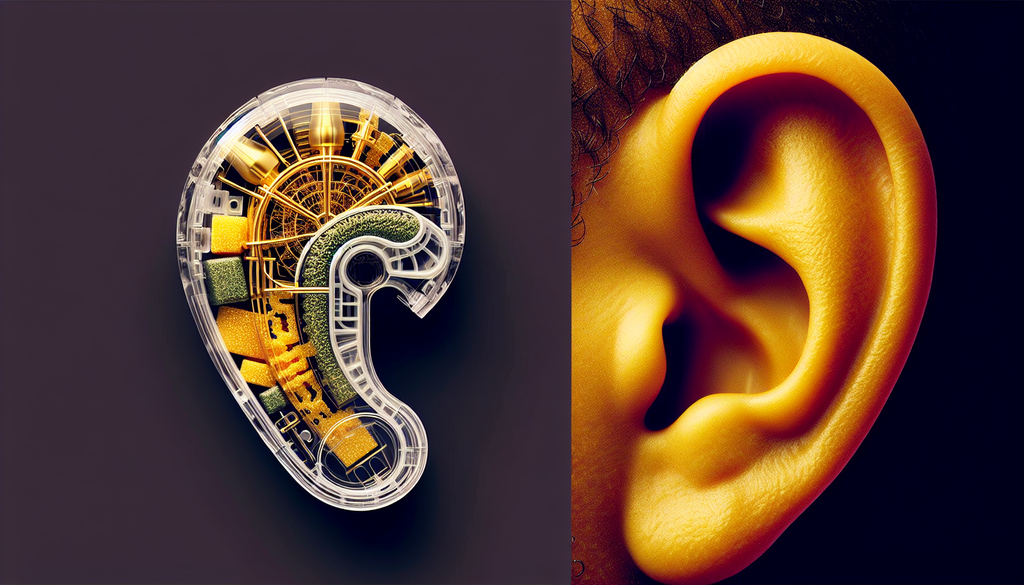Withania Root
Common Names: Ashwagandha, Indian Ginseng
Scientific Name: Withania somnifera
Background
• Ashwagandha is a small, woody shrub native to regions of India, the Middle East, and parts of Africa. It contains a variety of active compounds, especially withanolides, which are believed to have antioxidant and anti-inflammatory benefits.
• This plant has been a part of traditional Ayurvedic practices for centuries, being used to support overall health and vitality.
• In modern times, supplements made from ashwagandha root or leaf, or combinations of both, are commonly marketed to support stress relief, sleep, male fertility, and athletic endurance.
• Although some claim it helps with COVID-19, solid scientific backing for this use is currently lacking.
How Much Do We Know?
• Numerous studies involving people have examined ashwagandha’s impact on health, but many of these trials have included only a small number of participants and used differing formulations, making it hard to draw consistent conclusions.
What Have We Learned?
• Some research suggests that certain ashwagandha products might help reduce stress and improve sleep quality. Its influence on anxiety is still uncertain.
• Limited findings show that using ashwagandha for two to four months could potentially raise testosterone and improve sperm properties.
• There isn't enough strong evidence to confirm its benefits for other conditions such as asthma, memory issues, athletic performance, menopause symptoms, diabetes, or female reproductive health.
• Evidence supporting the use of ashwagandha for coronavirus infection is insufficient.
What Do We Know About Safety?
• Short-term use (up to 3 months) of ashwagandha appears to be generally safe for most individuals. Its safety when used for longer periods remains unclear.
• Some people may experience side effects like sleepiness, digestive discomfort, loose stools, or nausea.
• Although rare, there have been instances linking liver complications to ashwagandha usage.
• Use of ashwagandha during pregnancy is not recommended, and it should also be avoided while breastfeeding.
• Individuals with autoimmune conditions, thyroid imbalances, or those scheduled for surgery should consult a doctor before using ashwagandha.
• This herb may interact with medications including those for lowering blood sugar or blood pressure, immune suppressants, sedatives, seizure medications, and thyroid hormone treatments.
• Since it may raise testosterone levels, it’s best avoided by individuals with hormone-sensitive prostate cancer.
Keep In Mind
• It's important to work with your healthcare provider when considering supplements to ensure safe and informed choices regarding your health care.
• The regulation of herbal remedies depends on their ingredients, how they’re used, and how they’re taken. Many such products are marketed as dietary supplements and are not as tightly regulated as pharmaceutical drugs.
• Dietary supplements do not receive pre-approval from the FDA like prescription drugs do. However, if safety issues arise, the FDA has the authority to intervene. It’s the responsibility of the manufacturer to confirm the safety and proper labeling of their products before selling them.
• Manufacturers must ensure their supplements comply with established safety guidelines and regulatory requirements before they reach consumers.
For More Information
• Tips on making informed choices about dietary supplements.
• Understanding how medications and supplements may interact.
• Learning how to interpret scientific research articles.
NCCIH Clearinghouse
The NCCIH Clearinghouse offers resources related to complementary and integrative health, including publications and access to research databases. It does not give medical advice or recommend specific treatments.
Toll-free in the U.S.: 1-888-644-6226
TRS (Telecommunications Relay Service): 7-1-1
Email: [email protected]
PubMed®
PubMed®, managed by the National Library of Medicine, provides references and summaries from a wide range of scientific and medical journals. It serves as a helpful tool for researching health-related topics.
Office of Dietary Supplements (ODS), NIH
ODS supports research and education around dietary supplements. It shares fact sheets, scientific updates, and consumer-friendly guides on various supplement topics.
Email: [email protected]
Key References
• LiverTox profile for Ashwagandha. National Institute of Diabetes and Digestive and Kidney Diseases, 2019.
• Natural Medicines database entry for Ashwagandha (access restricted).
• Cheah KL et al. on ashwagandha’s effects on sleep. PLoS One, 2021.
• Durg S et al. on ashwagandha and male fertility. Phytomedicine, 2018.
• Mukherjee PK et al. on modern uses of ashwagandha in Ayurvedic medicine. J Ethnopharmacol, 2021.
• Nasimi Doost Azgomi R et al. systematic review of ashwagandha and reproduction. BioMed Research Int, 2018.
• Savage K et al. on plant-based anxiety treatments. Phytother Res, 2018.
• Shukla SD et al. on antioxidant activity in Ayurvedic herbs. Front Neurosci, 2012.
• Smith SJ et al. on herbal influences on testosterone. Adv Nutr, 2021.
• Speers AB et al. on ashwagandha and stress-related disorders. Curr Neuropharmacol, 2021.
• Tandon N et al. on safety and effectiveness of ashwagandha. J Ethnopharmacol, 2020.
• White PT et al. on withanolides in managing chronic disease. Adv Exp Med Biol, 2016.
This document is in the public domain and may be reproduced freely.
This information is provided for educational purposes and should not be considered a replacement for professional medical advice. Always discuss treatment or supplement choices with your health care provider.


